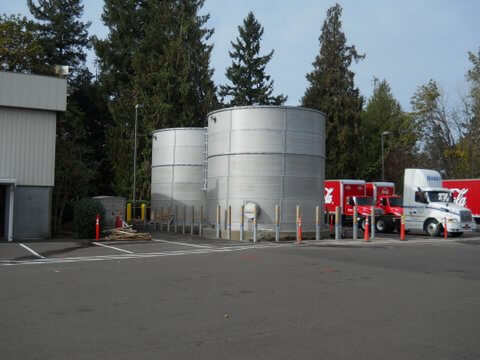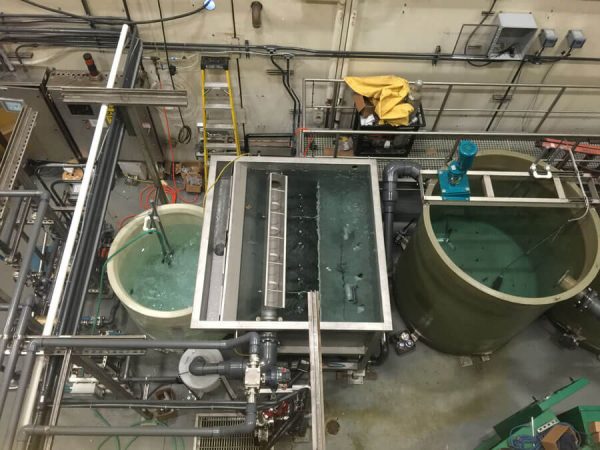
Industrial Wastewater
Industrial sites need wastewater treatment systems for one of three reasons.
- If they manufacturer certain products that cause wastewater discharge not deemed, suitable, or allowable by the receiving municipal plant or environment;
- If production outgrows their current system;
- If they exceed wastewater standards and thresholds, permit limits.

Industrial Wastewater Standards
Industrial facilities that discharge wastewater are in danger of discharging excessive levels of pollutants into receiving waters or local publicly owned treatment works (POTW). For this reason, the Environmental Protection Agency (EPA), local and state authorities have established wastewater standards and local limits. Standards are broken out into three categories:
- General & Specific Prohibitions – The EPA provides documentation on additional information for specific prohibitions of hazardous exposure to US waterways.
- Categorical Treatment Standards – The EPA established effluent guidelines as a national standard for manufacturers who make specific products.
- Local Limits – Municipalities controls or limits on discharges to waterways.
Industrial facilities should know which wastewater standard(s) applies to them and the governing authority that enforces the permits.
How Growth Impacts Industrial Wastewater
If you want to stay within your permit limits, you must review your current/future wastewater discharges. During times of growth, you may need to redesign/replace your wastewater treatment system. Doing so removes additional pollutants when the system no longer meets effluent guidelines.
Rindt-McDuff Associates Industrial Wastewater Services
Rindt-McDuff Associates award-winning engineers can help address ALL your wastewater challenges including:
- Custom Solutions
- Design
- Design/Build
- Reuse of Equipment
- Construction Services

What’s Next?
Click below to get connected with one of our award-winning wastewater treatment engineers.
